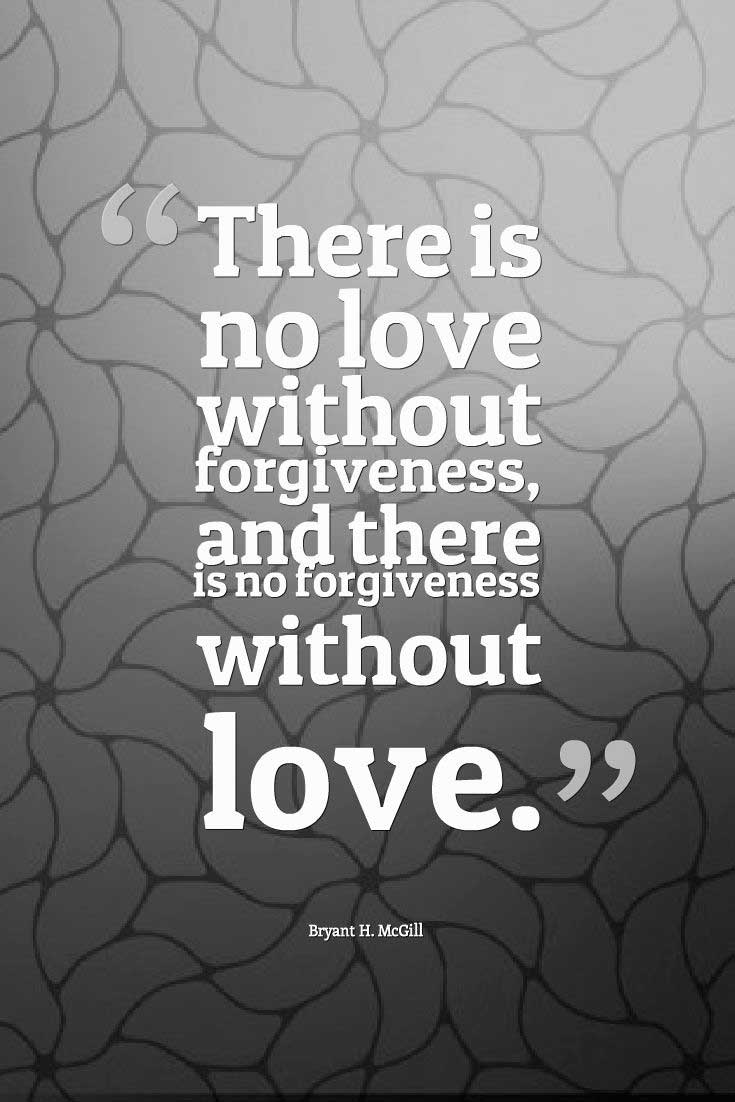Compassionate Mind, Healthy Body
Overwhelming evidence suggests compassion is good for our health and good for the world.
This is the best article I heave read about compassion. Happy reading! - Amber
BY EMMA SEPPALA
Decades of clinical research has explored the psychology of human suffering. Yet that suffering, as unpleasant as it is, often has a bright side: compassion. Human suffering often inspires beautiful acts of compassion by people wishing to help relieve that suffering. What led 26.5 percent of Americans to volunteer in 2012 (according to statistics from the US Department of Labor)? What propels someone to serve food at a homeless shelter, pull over on the highway in the rain to help someone with a broken down vehicle, or feed a stray cat?
Traditionally, research has paid less attention to these questions than to the roots of pain, evil, and pathology. But over the past decade, this has started to change dramatically. Nearly 10 years ago, in his Greater Good article “The Compassionate Instinct,” Greater Good Science Center co-founder Dacher Keltner summarized the emerging findings from this new science of human goodness, proposing that compassion is “an evolved part of human nature, rooted in our brain and biology.” Research since then—from neuroscience, evolutionary psychology, behavioral health, developmental science, and other disciplines—has backed him up convincingly. Again and again, studies have suggested that compassion is indeed an evolved part of human nature, vital to good health and even to the survival of our species. What was a relative handful of intriguing studies has become a scientific movement that is transforming our views of humanity.
What is compassion?
What is compassion and how is it different from empathy or altruism? The definition of compassion is often confused with that of empathy. Empathy, as defined by researchers, is the visceral or emotional experience of another person’s feelings. It is, in a sense, an automatic mirroring of another’s emotion, like tearing up at a friend’s sadness. Altruism is an action that benefits someone else. It may or may not be accompanied by empathy or compassion, for example in the case of making a donation for tax purposes. Although these terms are related to compassion, they are not identical. Compassion often does, of course, involve an empathetic response and an altruistic behavior. However, compassion is defined as the emotional response when perceiving suffering and involves an authentic desire to help alleviate that suffering.
continue reading here... https://greatergood.berkeley.edu/article/item/compassionate_mind_healthy_body




